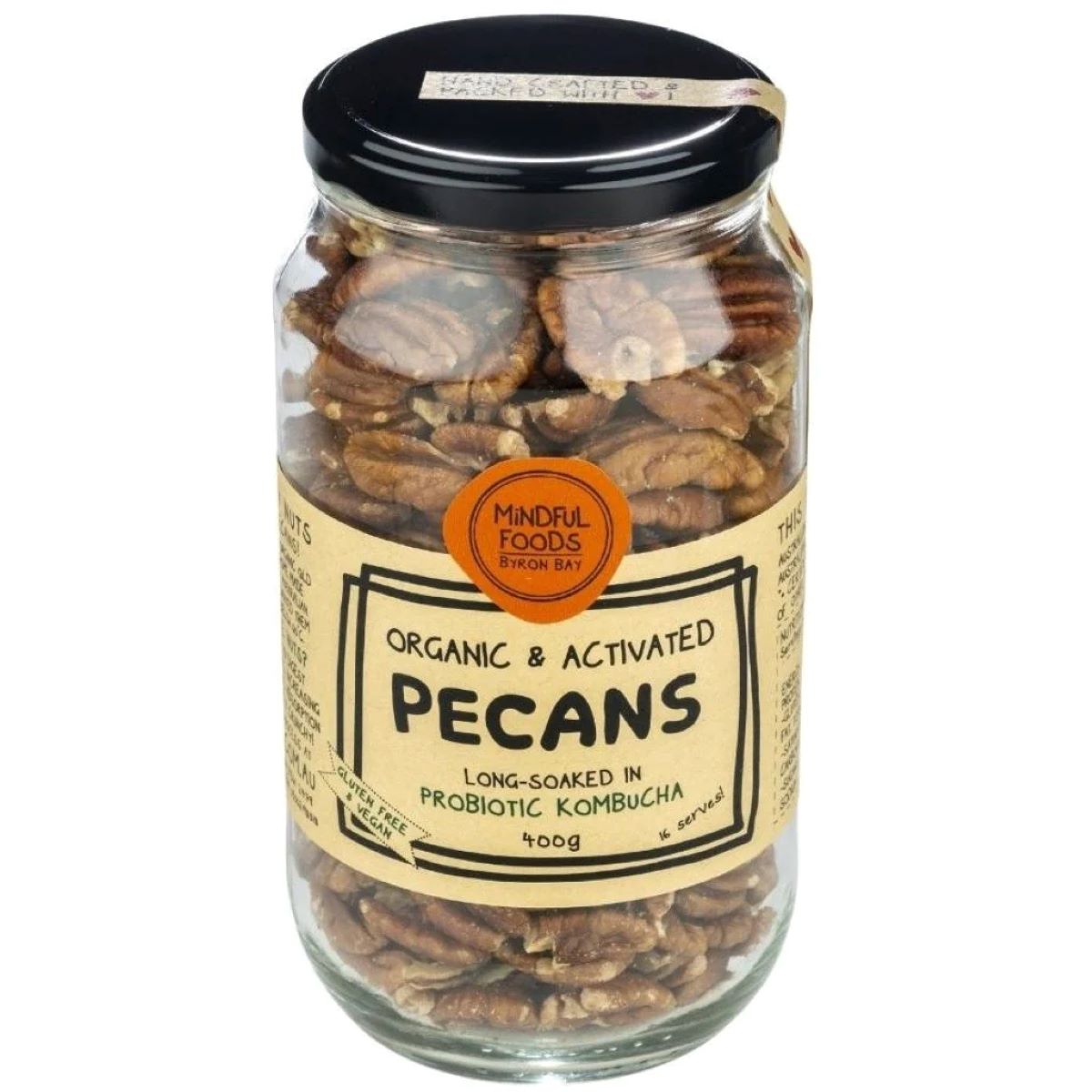

Articles
How To Store Pecans Long Term
Modified: January 8, 2024
Looking for tips on how to store pecans long term? Check out our informative articles for expert advice and ensure your pecans stay fresh and delicious for months to come.
(Many of the links in this article redirect to a specific reviewed product. Your purchase of these products through affiliate links helps to generate commission for Storables.com, at no extra cost. Learn more)
Introduction
Pecans are delicious and nutritious nuts that are popular in various recipes, from pecan pies to savory dishes. If you have a surplus of pecans or if you want to stock up on this tasty treat, it’s important to know how to store pecans properly to maintain their quality and freshness for an extended period of time.
By following the right storage methods, you can ensure that your pecans stay delicious and crispy, whether you plan to use them within a few months or even up to a year. In this article, we will guide you through the process of storing pecans long term so that you can enjoy their rich flavor and nutritional benefits whenever you desire.
Before we delve into the details of pecan storage, let’s take a moment to understand more about these nuts and how to assess their quality.
Key Takeaways:
- Properly storing pecans long term is crucial to preserve their flavor and texture, whether freezing, vacuum sealing, or storing in the pantry. Assess quality, monitor shelf life, and enjoy in various recipes for extended enjoyment.
- Understanding optimal storage conditions and utilizing the right methods ensures that pecans stay fresh and flavorful for months or even years. Whether frozen, vacuum sealed, or stored in the pantry, pecans can be enjoyed in a variety of culinary creations.
Read more: How To Store Unshelled Pecans
Understanding Pecans
Pecans, scientifically known as Carya illinoinensis, are native to North America and are well-known for their distinct flavor and crunchy texture. They are a rich source of healthy fats, protein, fiber, vitamins, and minerals, making them a nutritious addition to your diet.
Pecans have a slightly sweet and buttery taste, which makes them a versatile ingredient in both sweet and savory dishes. They are commonly used in baking, as a topping for salads or desserts, or simply enjoyed as a snack on their own.
When it comes to storing pecans, it’s important to understand that their high-fat content can cause them to become rancid if not stored properly. Exposure to air, light, heat, and moisture can all contribute to the deterioration of pecans, leading to an unpleasant taste and texture.
Now that we have a basic understanding of pecans, let’s explore how to assess their quality to ensure that you are storing the best nuts for long-term enjoyment.
Assessing Pecan Quality
Before storing pecans long term, it’s important to assess their quality to ensure that you are starting with fresh, tasty nuts. Here are a few key factors to consider when evaluating the quality of pecans:
- Appearance: Look for pecans that have a uniform color and shape. Avoid nuts with blemishes, mold, or signs of insect damage.
- Aroma: Fresh pecans should have a mild, nutty aroma. Avoid nuts that have a rancid or off-putting smell.
- Taste: If possible, sample a few pecans to check for their taste. They should have a rich, buttery flavor with a hint of sweetness.
- Texture: When you bite into a pecan, it should be crisp and crunchy. Avoid pecans that are soft, rubbery, or have a mealy texture.
By ensuring that your pecans meet these quality standards, you can be confident that they will maintain their flavor and freshness during the storage process.
Now that we understand how to assess pecan quality, let’s move on to preparing pecans for long-term storage.
Preparing Pecans for Long-Term Storage
Before you store pecans long term, it’s important to take a few steps to prepare them. These preparations help to ensure that the pecans are clean, dry, and free from any contaminants that could compromise their quality.
Step 1: Cleaning: Start by giving the pecans a good rinse under cold water to remove any dirt or debris. If you notice any pecans with shells that are cracked or damaged, set them aside to use them first as they may spoil more quickly.
Step 2: Drying: After cleaning the pecans, it’s crucial to dry them thoroughly. Place the pecans in a single layer on a clean kitchen towel or paper towel. Allow them to air dry for several hours or use a fan to speed up the process. Make sure the pecans are completely dry before moving on to the next step, as any moisture can lead to mold and spoilage.
Step 3: Shelling: If you prefer to store shelled pecans, you can shell them using a nutcracker or a specialized pecan cracker. Be gentle when cracking the shells to avoid crushing the kernel inside. Alternatively, you can choose to store pecans in their shells, which may offer better protection against air and moisture.
By following these simple preparation steps, you are creating the optimal conditions for storing pecans long term and preserving their freshness and flavor. Next, let’s explore the different storage containers you can use for pecans.
Choosing the Right Storage Container
Choosing the right storage container for your pecans is essential to maintain their quality and protect them from environmental factors that can lead to spoilage. Here are a few options to consider:
Airtight Containers: Airtight containers such as glass jars or plastic containers with tight-fitting lids are ideal for storing pecans. These containers prevent air from entering, which can accelerate the oxidation process and cause the pecans to go rancid. Make sure the containers are clean and dry before adding the pecans.
Resealable Bags: Ziplock bags or vacuum-sealed bags can also be used to store pecans. These bags provide an added layer of protection against air and moisture. Before sealing the bags, be sure to remove as much air as possible to minimize the potential for oxidation.
Freezer Bags: If you plan to freeze your pecans for long-term storage, opt for freezer-safe bags. These bags are designed to withstand freezing temperatures and help to maintain the quality of the pecans. Remember to label the bags with the date of freezing for easier tracking.
It’s important to note that regardless of the container you choose, it’s best to select one that is opaque or stored in a dark place to minimize exposure to light. Light can degrade the quality of pecans and cause them to become rancid.
Now that you know which storage containers to use, let’s explore the optimal storage conditions for pecans to ensure their longevity.
Read more: How To Store Pecans
Optimal Storage Conditions for Pecans
Creating the right storage conditions is crucial for keeping pecans fresh and flavorful for an extended period of time. Here are the optimal storage conditions to consider:
Temperature: Pecans should be stored in a cool environment to slow down the oxidation process. Ideally, the temperature should be around 32 to 40°F (0 to 4°C). Avoid exposing pecans to high temperatures, as this can lead to spoilage and a loss of quality.
Humidity: Pecans should be stored in a low humidity environment. Excessive moisture can cause the nuts to become soft and potentially develop mold. Aim for a relative humidity between 45% and 55%.
Darkness: Pecans should be stored in a dark place or opaque container to protect them from exposure to light. Light can speed up the degradation process and cause the pecans to become rancid.
Avoid Odor Transfer: Pecans have the ability to absorb odors from their surroundings, so it’s important to store them away from strong-smelling substances such as spices, onions, or cleaning products. This will help to preserve the natural flavor and aroma of the pecans.
By ensuring these optimal storage conditions, you can prolong the shelf life of your pecans and maintain their quality over time.
Now that we’ve covered the optimal storage conditions, let’s explore two common methods of long-term storage: freezing and vacuum sealing.
Store pecans long term by keeping them in an airtight container in the refrigerator or freezer. This will help prevent them from going rancid and maintain their freshness for up to 2 years.
Freezing Pecans
Freezing pecans is an excellent method for long-term storage, as it helps to maintain their freshness and prevent them from going rancid. Follow these steps to freeze pecans effectively:
1. Preparation: Ensure that your pecans are clean, dry, and shelled (if desired). If you have unshelled pecans, crack the shells before freezing.
2. Package: Divide the pecans into smaller portions that you are likely to use in one go. This prevents you from repeatedly thawing and refreezing the entire batch. Place the pecans in freezer-safe bags or airtight containers. Squeeze out as much air as possible to minimize the risk of oxidation.
3. Label and Date: Label the bags or containers with the date of freezing to keep track of their freshness. It is recommended to use frozen pecans within one year for the best quality.
4. Freezing: Place the bags or containers in the freezer, ideally in a single layer to ensure even freezing. Avoid stacking or overcrowding them, as this can lead to uneven freezing and potential damage to the nuts.
5. Thawing: When you’re ready to use the frozen pecans, remove the desired portion from the freezer and allow them to thaw in the refrigerator overnight. This gradual thawing helps to maintain the texture and flavor of the pecans. Avoid thawing pecans at room temperature, as this can result in undesirable moisture buildup.
By following these steps, you can enjoy the taste and crunch of pecans throughout the year, even when they are out of season.
Next, let’s explore another method of long-term storage: vacuum sealing pecans.
Vacuum Sealing Pecans
Vacuum sealing is a popular method for long-term storage as it creates an airtight environment, preventing the pecans from exposure to air and moisture. Here’s how you can vacuum seal pecans effectively:
1. Preparation: Clean and dry your pecans thoroughly, ensuring that they are free from any moisture or debris. Shelled pecans or pecan halves work well for vacuum sealing.
2. Portioning: Divide the pecans into smaller portions that you plan to use at a time. This prevents you from repeatedly opening and resealing the same package, maintaining the quality of the remaining pecans.
3. Vacuum Sealing: Place the portioned pecans in a vacuum-seal bag or container. Follow the manufacturer’s instructions for sealing the bag or container using a vacuum sealer. The vacuum sealer will remove the air, creating a tight seal around the pecans and preventing oxidation.
4. Labeling: Label the vacuum-sealed bags or containers with the date of sealing to keep track of their freshness. It’s recommended to consume vacuum-sealed pecans within one to two years for the best quality.
5. Storage: Store the vacuum-sealed pecans in a cool, dark place, like a pantry or cabinet, away from sources of heat and light. These conditions will help to maintain the pecans’ freshness and flavor for an extended period.
When you’re ready to use the vacuum-sealed pecans, open the package, reseal any unused portion, and store it back in the same airtight condition. This way, you can enjoy the benefits of vacuum-sealed pecans for a longer period.
Now that we’ve covered freezing and vacuum sealing methods, let’s explore storing pecans in the pantry.
Storing Pecans in the Pantry
If you prefer to keep your pecans readily accessible in your pantry, proper storage is still essential to maintain their freshness. Here are some tips for storing pecans in the pantry:
1. Airtight Containers: Transfer your pecans into airtight containers, such as glass jars or plastic containers with tight-fitting lids. Make sure the containers are clean and dry before adding the pecans. This will help prevent air, moisture, and odors from entering the containers and compromising the quality of the pecans.
2. Cool and Dark Location: Store the sealed containers of pecans in a cool area of your pantry, away from direct sunlight or sources of heat. The optimal temperature range is between 32 and 40°F (0 and 4°C). A dark location helps to minimize exposure to light, which can lead to rancidity.
3. Avoid Temperature Fluctuations: Keep the pecans away from areas that experience frequent temperature changes, such as near ovens or stovetops. Fluctuations in temperature can accelerate the oxidation process and shorten the shelf life of the pecans.
4. Regular Monitoring: Periodically check the stored pecans for any signs of spoilage, such as a rancid smell, mold, or discoloration. If you notice any of these indicators, discard the pecans to prevent any consumption of spoiled nuts.
By following these pantry storage tips, you can keep your pecans fresh and accessible for a few months, making them easy to grab for snacking or incorporating into your favorite recipes.
Now that we’ve covered the different methods of storing pecans, let’s discuss how to monitor their shelf life to ensure optimal freshness.
Read more: How Long Will Pecans Last In The Freezer
Monitoring Pecan Shelf Life
Monitoring the shelf life of your stored pecans is crucial to ensure that they remain fresh and flavorful. Here are some tips for keeping track of their freshness:
1. Labeling and Dating: Always label your pecan storage containers or packages with the date of storage. This allows you to easily track how long the pecans have been stored and determine their freshness.
2. Regular Inspections: Periodically inspect your stored pecans for any signs of spoilage. Check for any off-putting odors, mold, or discoloration. It’s also important to examine the packaging for any signs of damage or punctures that could allow air or moisture to enter.
3. Taste Test: If you’re unsure about the freshness of stored pecans, conduct a taste test. Fresh pecans should have a mild, buttery flavor. If you notice any bitterness, off flavors, or a rancid taste, it’s best to discard them.
4. Texture Check: Check the texture of the pecans as well. Fresh pecans should have a crisp and crunchy texture. If they feel soft, rubbery, or have a mealy texture, they may have gone bad.
Remember, while properly stored pecans can maintain their quality for a significant period, they won’t stay fresh indefinitely. It’s best to consume stored pecans within a year for the best taste and texture.
Now that you’re familiar with monitoring pecan shelf life, let’s discuss how to effectively use frozen or stored pecans in your culinary endeavors.
Using Frozen or Stored Pecans
Whether you have frozen or stored pecans, there are various ways to incorporate them into your recipes and enjoy their delicious flavor. Here are some ideas for using frozen or stored pecans:
1. Baking: Frozen or stored pecans are perfect for baking. Add them to your favorite cookie, brownie, bread, or cake recipes for an extra crunch and nutty flavor. You can also use chopped or ground pecans as a topping for pies, tarts, or crumbles.
2. Salads: Sprinkle toasted pecans on top of salads to add a delightful crunch and nuttiness. They pair well with greens, fruits, and cheeses, creating a perfect balance of flavors and textures in your salad.
3. Trail Mixes and Snacks: Combine frozen or stored pecans with dried fruits, chocolate chips, and other nuts to create a delicious and nutritious trail mix. You can also grab a handful of pecans as a quick and satisfying snack on their own.
4. Pecan Butter or Pecan Milk: Blend thawed or room temperature pecans in a food processor to make creamy pecan butter or pecan milk. These homemade alternatives are a great way to enjoy the unique flavor and richness of pecans in different forms.
5. Garnish: Use chopped or crushed pecans as a garnish for various dishes, such as roasted vegetables, casseroles, yogurt bowls, or even ice cream sundaes. They add a wonderful texture and taste that elevate the overall presentation and flavor of the dish.
Feel free to experiment and get creative with using frozen or stored pecans in your recipes. Their versatility allows you to incorporate them into both sweet and savory dishes, enhancing the overall taste and texture.
Now that we’ve explored the various ways to use frozen or stored pecans, let’s wrap up our discussion.
Conclusion
Properly storing pecans long term is essential to maintain their freshness, flavor, and texture. By understanding the optimal storage conditions and utilizing the right methods, you can enjoy the taste of pecans even months or years after harvesting.
Whether you choose to freeze pecans, vacuum seal them, or store them in airtight containers in your pantry, each method has its advantages. Freezing allows you to preserve pecans for an extended period, while vacuum sealing creates an airtight environment to prevent oxidation. Storing in the pantry provides easy access for immediate use.
Remember to assess the quality of pecans before storage and always use clean and dry containers or bags. Labeling and dating your stored pecans helps you monitor their shelf life and ensure that you use them before they deteriorate in quality.
When it’s time to use your frozen or stored pecans, incorporate them into various recipes – from baking to salads, trail mixes, and homemade pecan butter or milk. Their unique flavor and crunchy texture will enhance your culinary creations.
Whether you’re an avid pecan lover or simply want to stock up on this nutritious nut, implementing these storage techniques will allow you to enjoy the full potential of pecans for an extended period of time. So go ahead, store your pecans with care, and savor their delectable taste whenever you desire!
Frequently Asked Questions about How To Store Pecans Long Term
Was this page helpful?
At Storables.com, we guarantee accurate and reliable information. Our content, validated by Expert Board Contributors, is crafted following stringent Editorial Policies. We're committed to providing you with well-researched, expert-backed insights for all your informational needs.
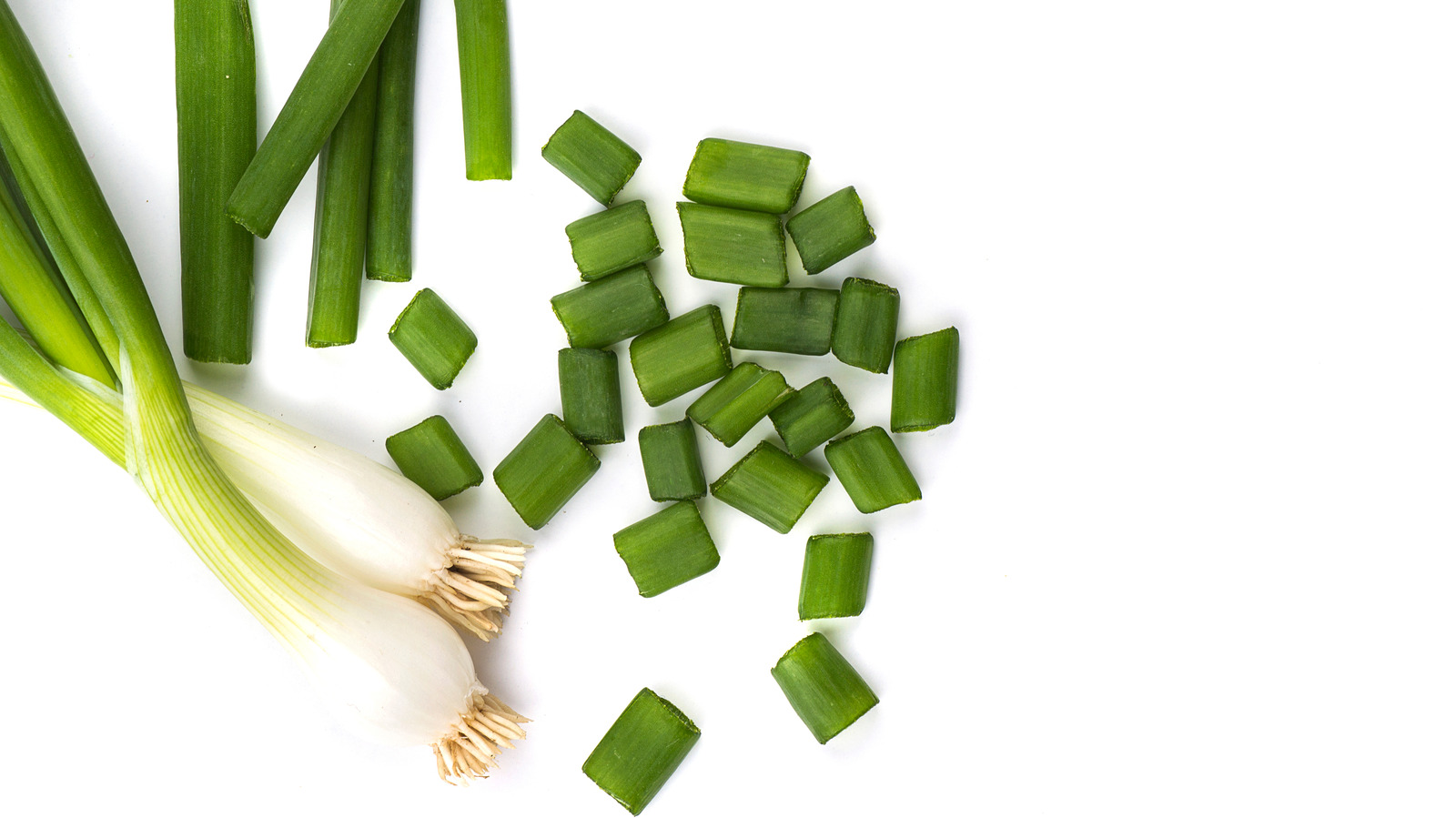
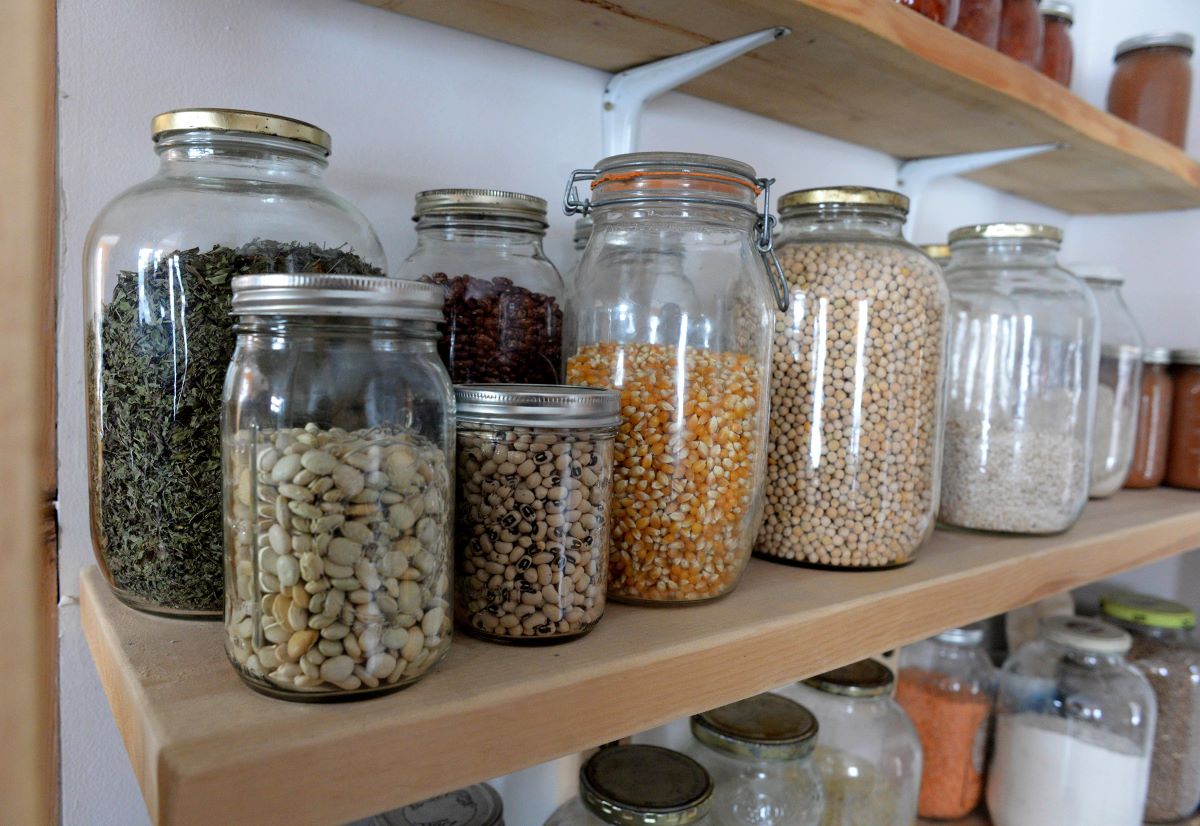
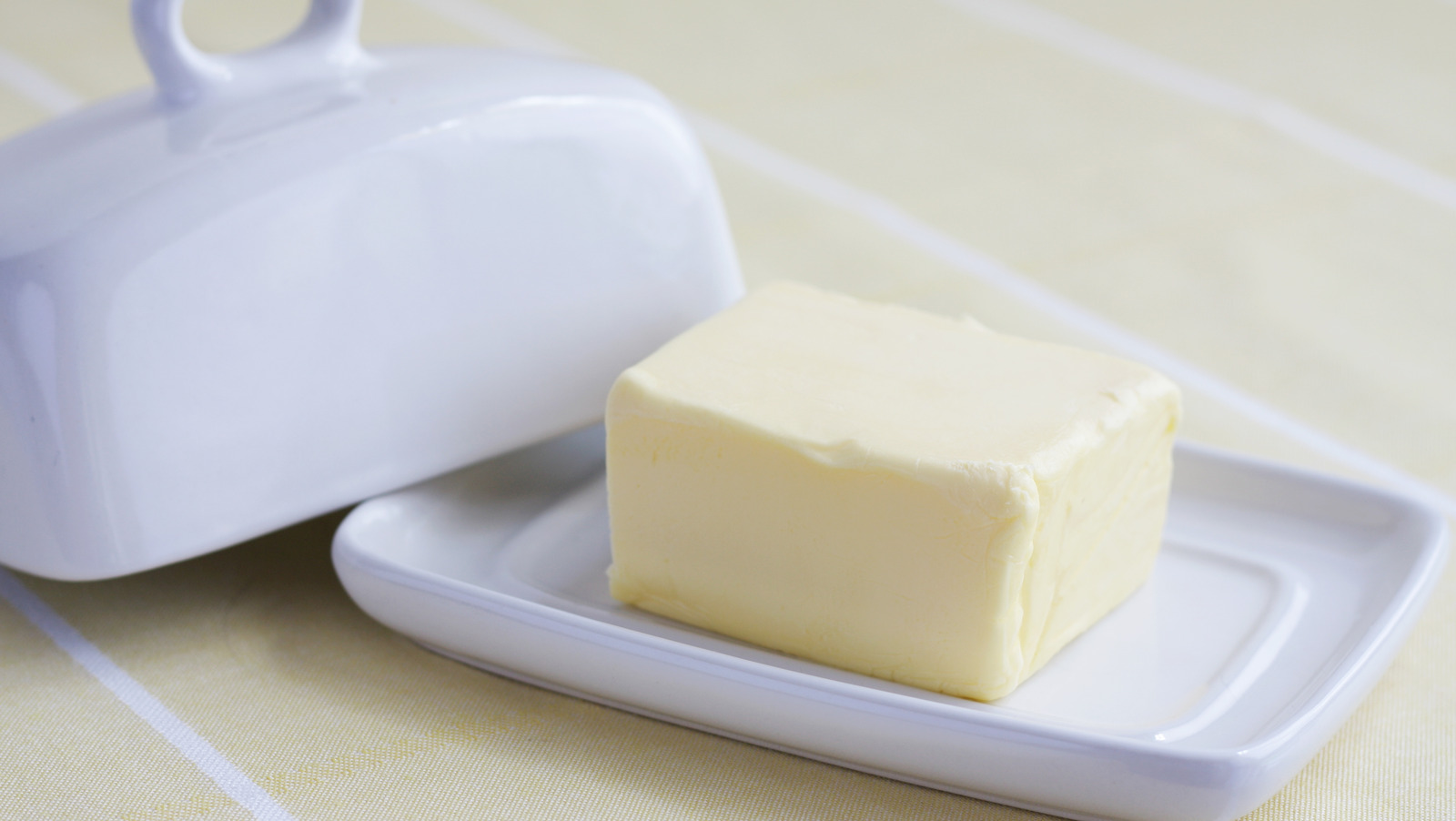

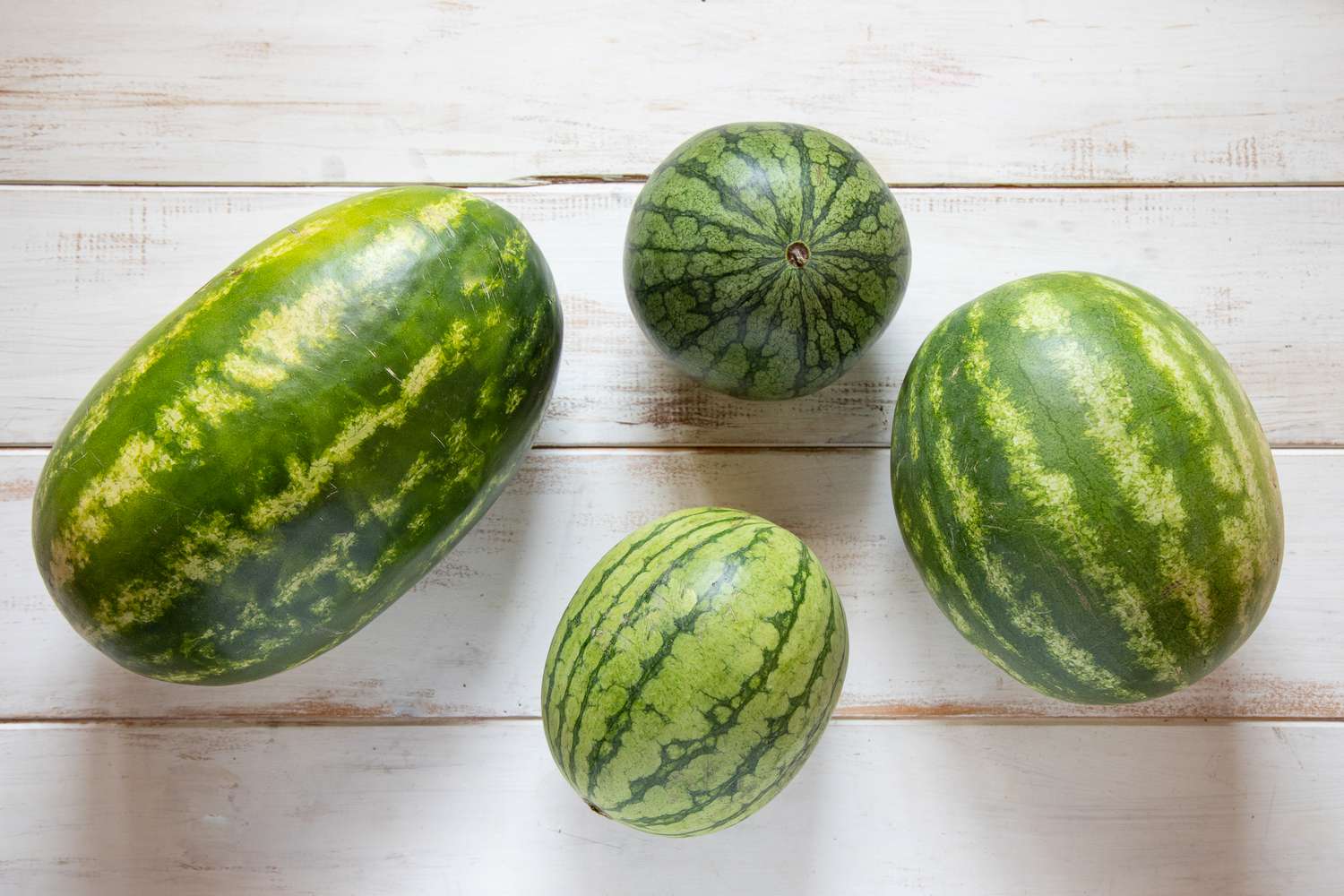

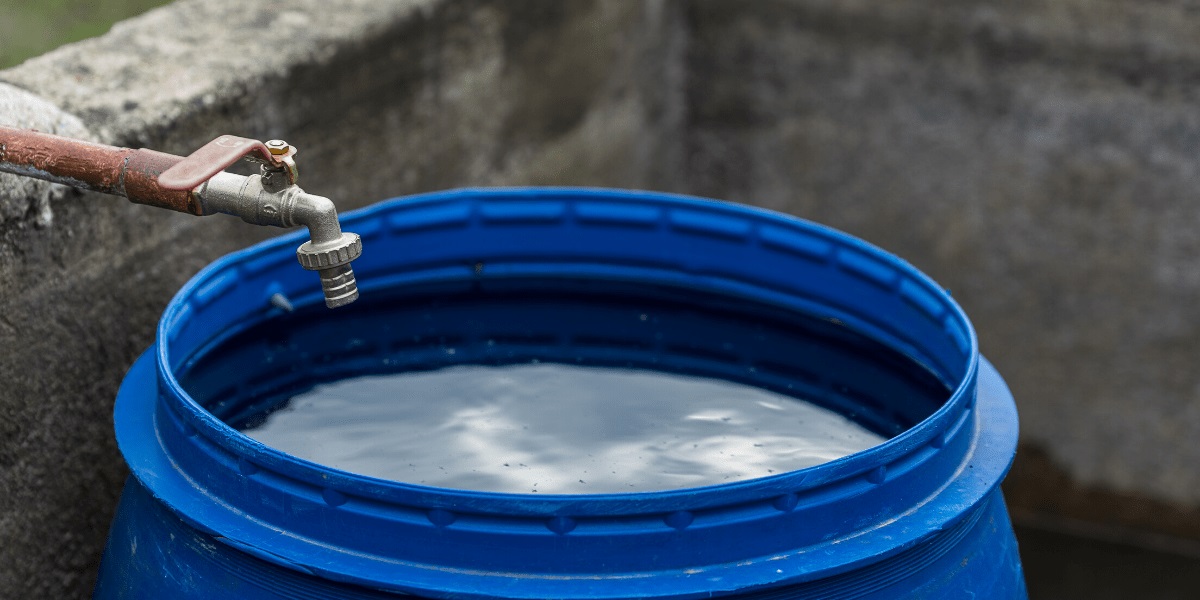

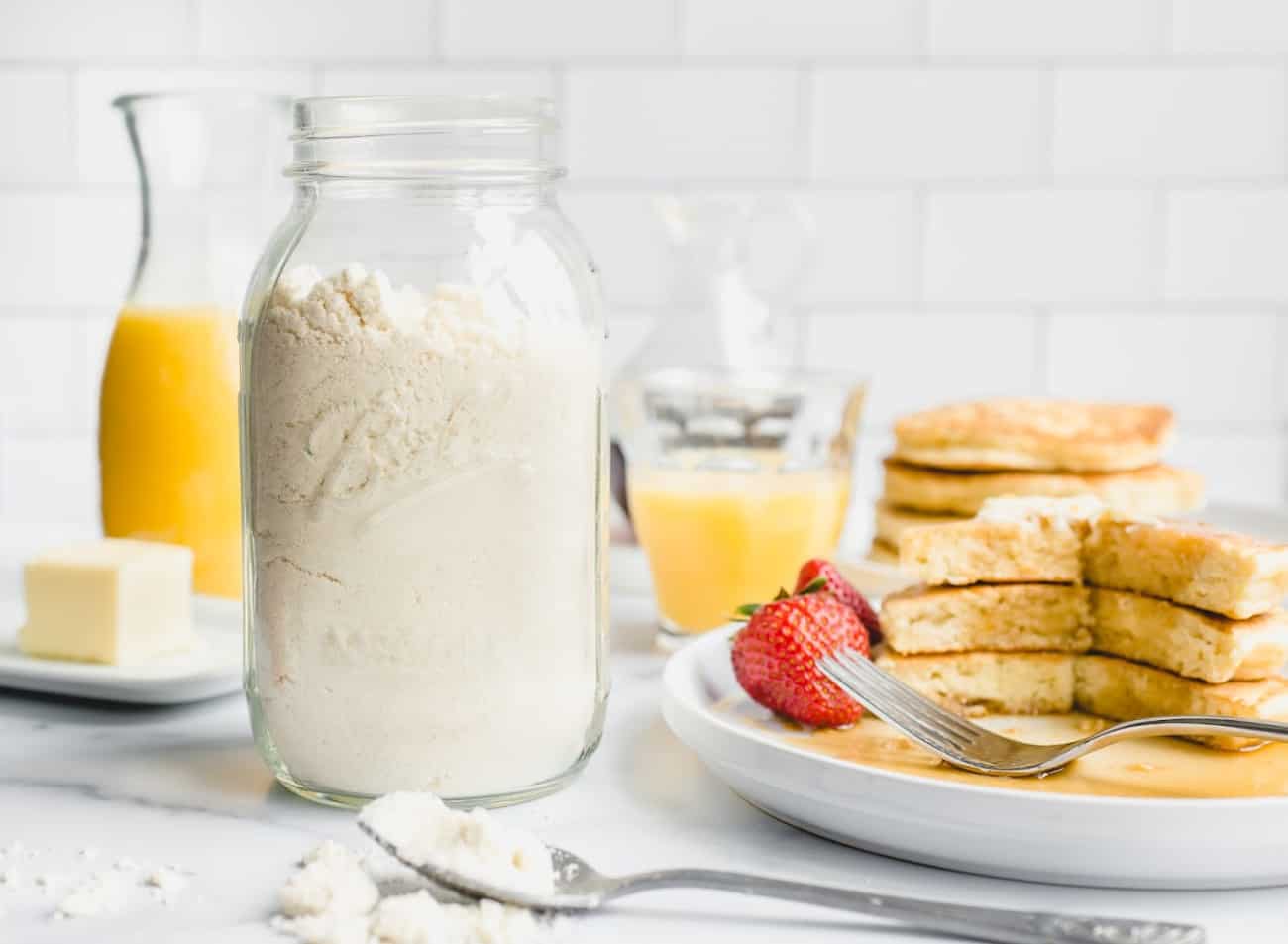
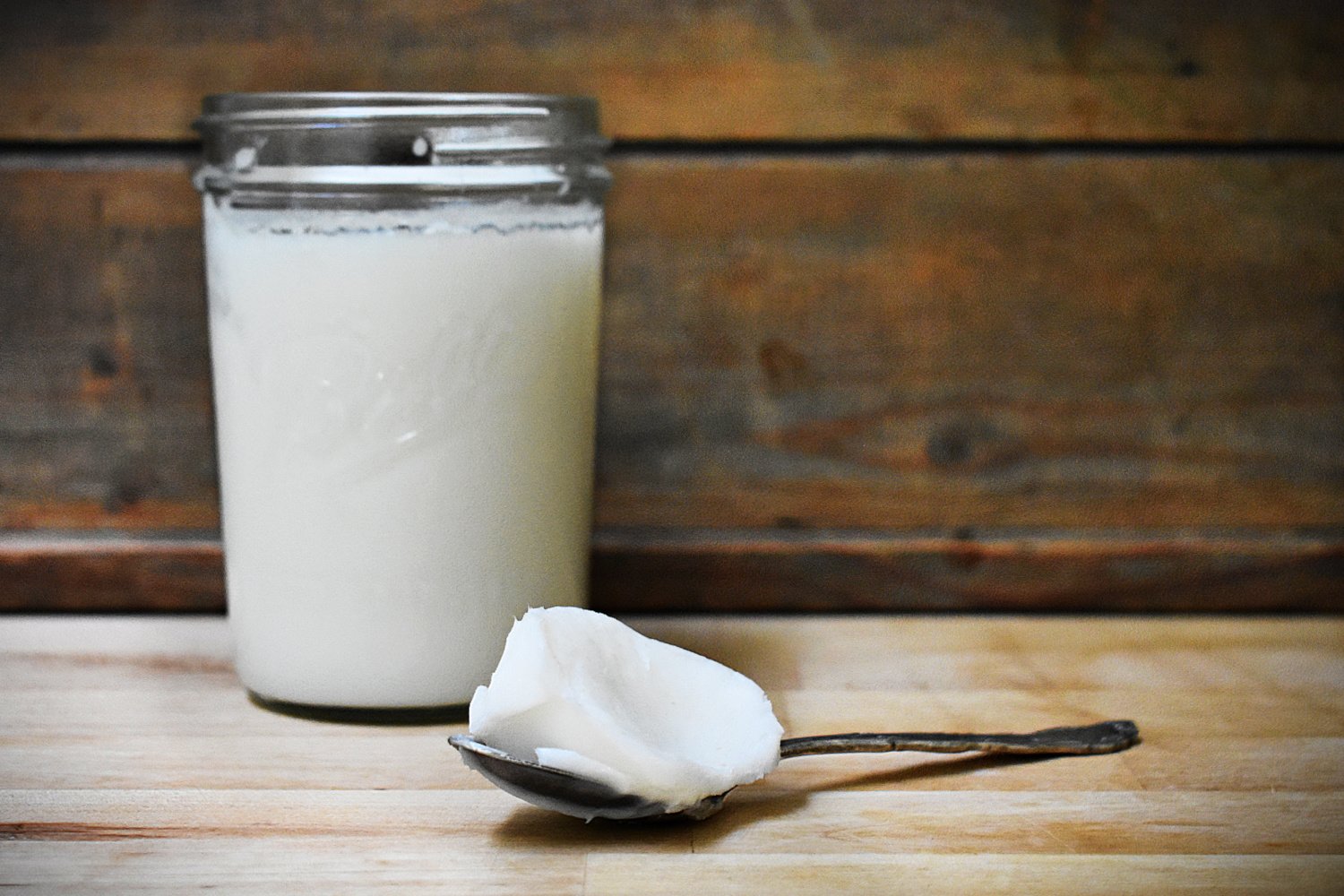
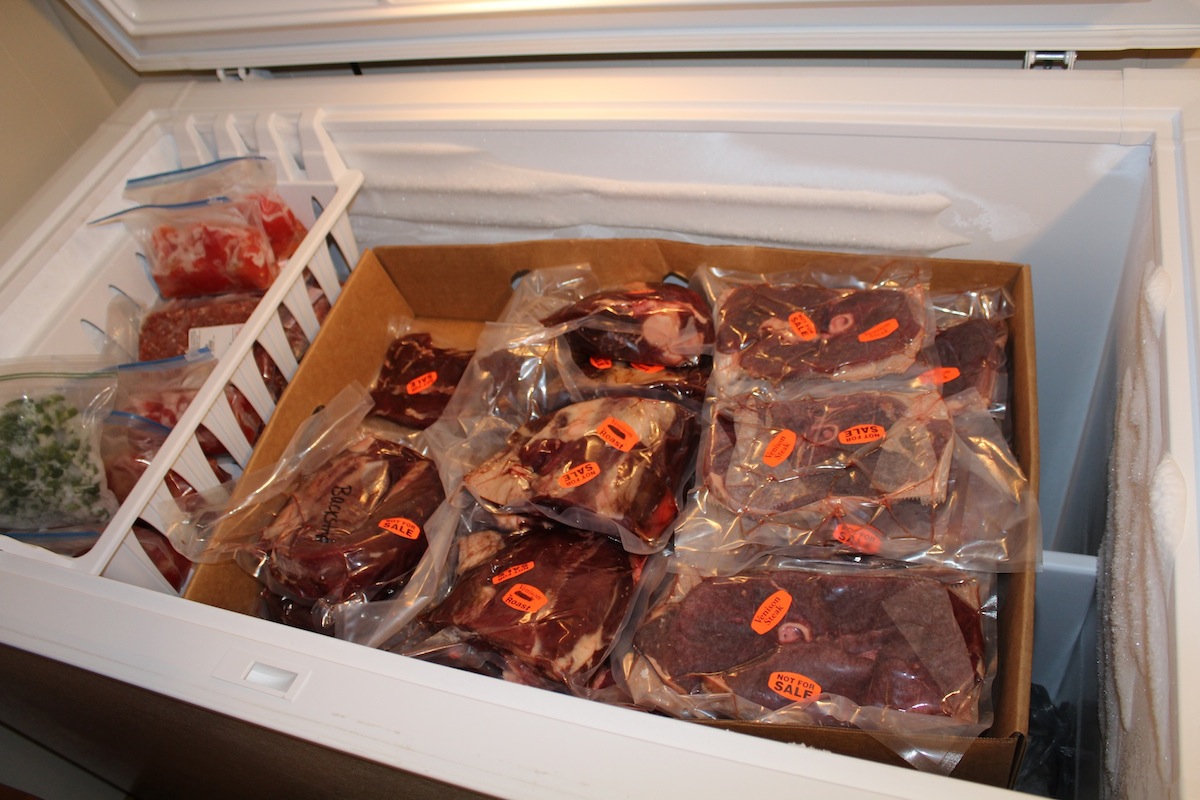



0 thoughts on “How To Store Pecans Long Term”